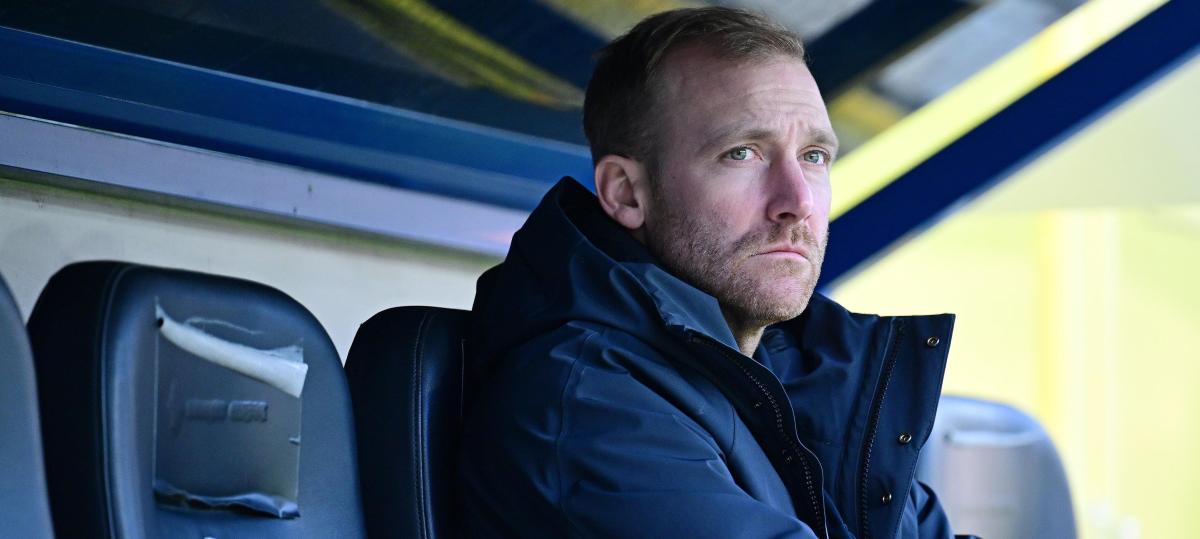On the other side of the Atlantic

Upon landing in the United States of America (USA) quickly realizes that Donald Trump’s speech marks the country’s political and economic rhythm. I write this article from Washington, where I have been throughout this week, in contact with Americans and Europeans who still believe in the value of the transatlantic relationship.
At a time when Europeans’ distrust regarding Americans intensified following JD Vance’s tough speech at Munich’s security conference, visiting the US was useful and necessary. Over the past few days, I had the opportunity to hear, debate and understand the prospects of representatives of republican and democratic parties, academics, entrepreneurs and members of civil society organizations. Despite the political differences and different ways to face the same challenges, the awareness of the importance of this relationship between the US and the European Union (EU) prevails on both sides of the Atlantic.
The great concern that hangs in the capital of the country has to do especially with tariffs. Many believe that Donald Trump’s disruption may even attract more American soil factories. But it is a limited view. If Europe responds with reciprocity, as it is natural to do so, many American companies will think twice before leaving the European market. The EU represents an economic space with more than 450 million consumers, so the movement to move production may also occur from the US to European soil.
However, the signs have already reached the shelves of the large surfaces. Walmart has increased prices. Target too. And while some companies try to devalue the impact of taxes on imports, the truth is that costs accumulate and inevitably end up in consumer pockets. Interestingly, many of those who advocate these measures as driving of the economy are the same ones who, privately, admit fears about the future of supply chains and the cost of living. The dissonance between political discourse and economic reality is stark.
Europe, so far, has sought to respond with containment, but also firmly. The risk of lasting fractures in business relationship is real and that is why the European response must be proportional but strategic.
From this visit to the US there is a data that I retreat from all interactions with our American friends and which is for reflection: for a long time the transatlantic relationship worked on autopilot. The truth is that the world has changed. I don’t know if it is a moment of reconstruction or reinvention of the historical transatlantic relationship. Perhaps the proper term is really modernization. Geopolitics is more volatile, the tense trade, and both sides of the Atlantic need to understand each other with more realism and less rhetorical. But I have no doubt that the transatlantic relationship remains vital. It can no longer be based only on historical memory or cultural affinity. It requires balance, predictability and mutual respect. To this end, the challenge is to find a new model of cooperation with the US, always defending our interests, but without abdicating our principles.
MEP PSD








